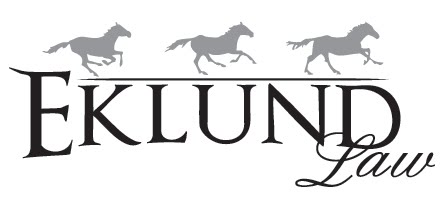- Equine business interests score with passage of legislation protecting agricultural classification for horse boarding property
Our bill was added to the omnibus tax bill, HF 3729, and was signed into law on May 27, 2010. Minn. Stat. 273.13 Subd. 23(i) containing the list of agricultural products qualifying property of 10 acres or more for agricultural classification is amended to read:
(3) the commercial boarding of horses, which may include related horse training and riding instruction, if the boarding is done
These changes are effective for the assessment year 2010 for taxes payable in 2011.
The amendment to the horse boarding clause of the agricultural property classification statute was the result of a year-long study by the Minnesota Department of Revenue ordered by the Legislature in 2009.
Many thanks are in order to recognize the teamwork required to change a law. The Minnesota Horse Council sponsored this effort with insight from Dan Ramberg, owner of Woodloch Stables in Hugo and author of the original legislation granting agricultural classification to horse boarding stables 15 years ago. Sen. Ray Vandeveer and Rep. Bob Dettmer carried our bills in the Senate and House. The Minnesota Stable Owners Association, which formed early this year in part because of the property tax classification problem, rallied members to call their legislators and speak up on behalf of equine business interests. And the Department of Revenue, which had been criticized for failing to ensure statewide uniformity, coordinated a thorough statewide study that facilitated a constructive and ultimately successful dialogue about the proper place of equestrian property within the framework of Minnesota's agricultural property tax policy. Thanks to everyone for helping make this happen.
Stay tuned for more information about the impact of this new legislation on Green Acres eligibility for equestrian property as well as newly passed legislation amending the State agricultural code to include a definition of horses as livestock. And don't forget to thank the Minnesota Horse Council for recognizing and addressing the need for legislative change. We have demonstrated that equine business conditions can be improved and real change can happen when we work together toward a common goal and dedicate the time and attention required to follow through.
Allison Eklund
